Muscle, mateship and mood is the three-fold focus of PROST! a unique Perth-based affiliated support group of the Prostate Cancer Foundation of Australia which aims to help men recovering from treatment for prostate cancer.
PROST!, which has been running in Perth for 10 years and is the only such group in the country, first started at Leederville at Subiaco Football Club gymnasium. It also runs at UWA’s exercise and performance centre at Crawley and BFT Gymnasium in Fremantle.
Secretary and PROST! board member Bronte Parkin who attends at Leederville after a prostatectomy nine years ago, said plans were underway for a fourth venue, at the Pentanet stadium (formerly Joondalup Arena).
“We are currently recruiting men for the new venue because we believe there is unmet demand from men in the northern area who need assistance to help them manage the side effects of their prostate cancer treatment,” he said.
“We plan to open in late October; we have had to wait until after the WAFL football season ends. We will have an exhibit at Have
a Go Day on November 9 when we will co-exhibit with the Restorative Sexual Health Clinic which helps men after prostate cancer treatment with sexual functioning.”
Bronte says PROST! has helped more than 300 men since its inception, with currently about 70 men taking part across three locations and around 50 attending the Leederville location.
“Not everyone attends every session but most attend twice a week (as recommended), some only do one session a week due to work and other commitments and others are more spasmodic. Most men are aged in their 60s and 70s (most men are diagnosed with prostate cancer in their 60s).
“The oldest current attendee is 82 and we have had a few men aged in their early 50s but full-time work usually prevents them from attending during the day.”
The Prostate Cancer Foundation of Australia states that prostate cancer is the most commonly diagnosed cancer in Australia, exceeding the incidence of breast cancer in women, but is not as well known.
Statistics from Perth’s metropolitan northwest show that an average rate of prostate cancer in this area is 151 cases per 100,000 men, which is also the average for Australia overall.
The PROST! exercise program was devised by the PROST! founder, Dr Jo Milios, a Perth physiotherapist and supervised by university trained exercise physiologists. It is evidence-based by university research after Dr Milios, completed her PhD at UWA in this area. He study found men’s incontinence and erectile functioning improved through taking part in the exercise program.
The program consists of warmup and stretching activities, followed by pelvic floor and Pilates-style exercises designed to strengthen men’s pelvic floor and the remaining internal urethral sphincter muscle which is located below the bladder. Men usually have to learn how to close off this sphincter to stop incontinence because the external urethral sphincter surrounding the prostate gland which works in conjunction with the internal sphincter is removed along with the prostate during surgery for prostate cancer.


Pelvic floor exercises, weight loss and improvement in overall fitness can, together with other interventions, help men overcome sexual dysfunction, the other side effect of treatment. The rest of the time is focused on exercises to improve men’s core strength and general overall fitness (including weight loss).
Exercise and social interaction with men on a similar journey helps improve mental health as there is evidence of higher rates of anxiety, depression and suicide in men with prostate cancer.
Bronte says urologists generally recommend starting pelvic floor exercises six weeks before surgery.
“Not all, but some men, start at PROST! at this stage but most start after surgery when the full effects of incontinence are felt.
“We have the support of the WA Football Commission to encourage other WAFL clubs to make their gyms available across other Perth locations. Also, we realise the need to help men in rural areas and plan to explore other options such as using community recreation facilities or local gyms in bigger country towns.
“We also have had interest to start a group in suburban Melbourne and currently have discussions underway.”
Visit canceraustralia.gov.au/cancer-types/prostate-cancer/statistics or ncci.canceraustralia.gov.au/diagnosis/can cer-incidence/cancer-inci dence.
More information and registration for membership, including the new Joondalup venue, is available at prost.com.au.



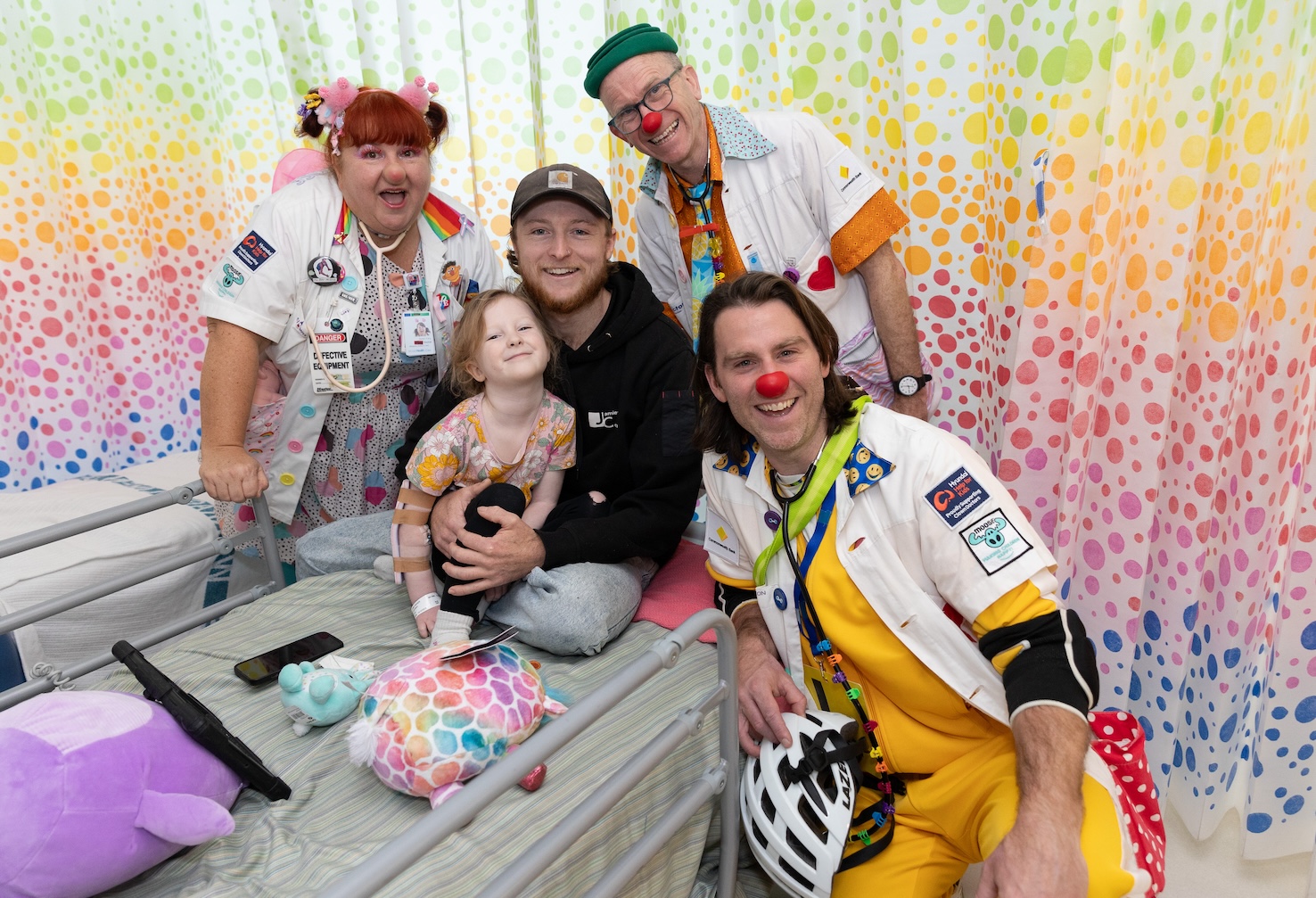

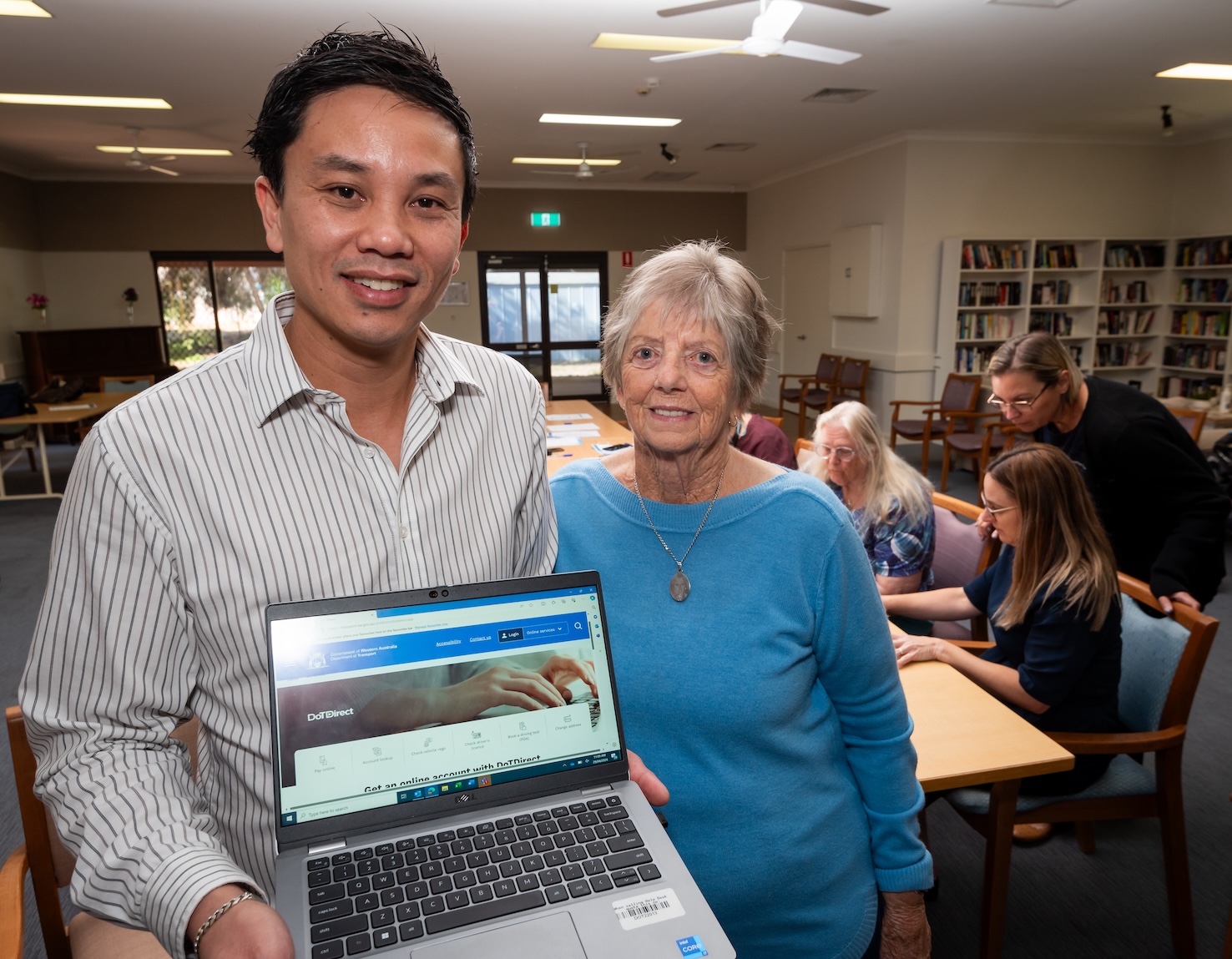

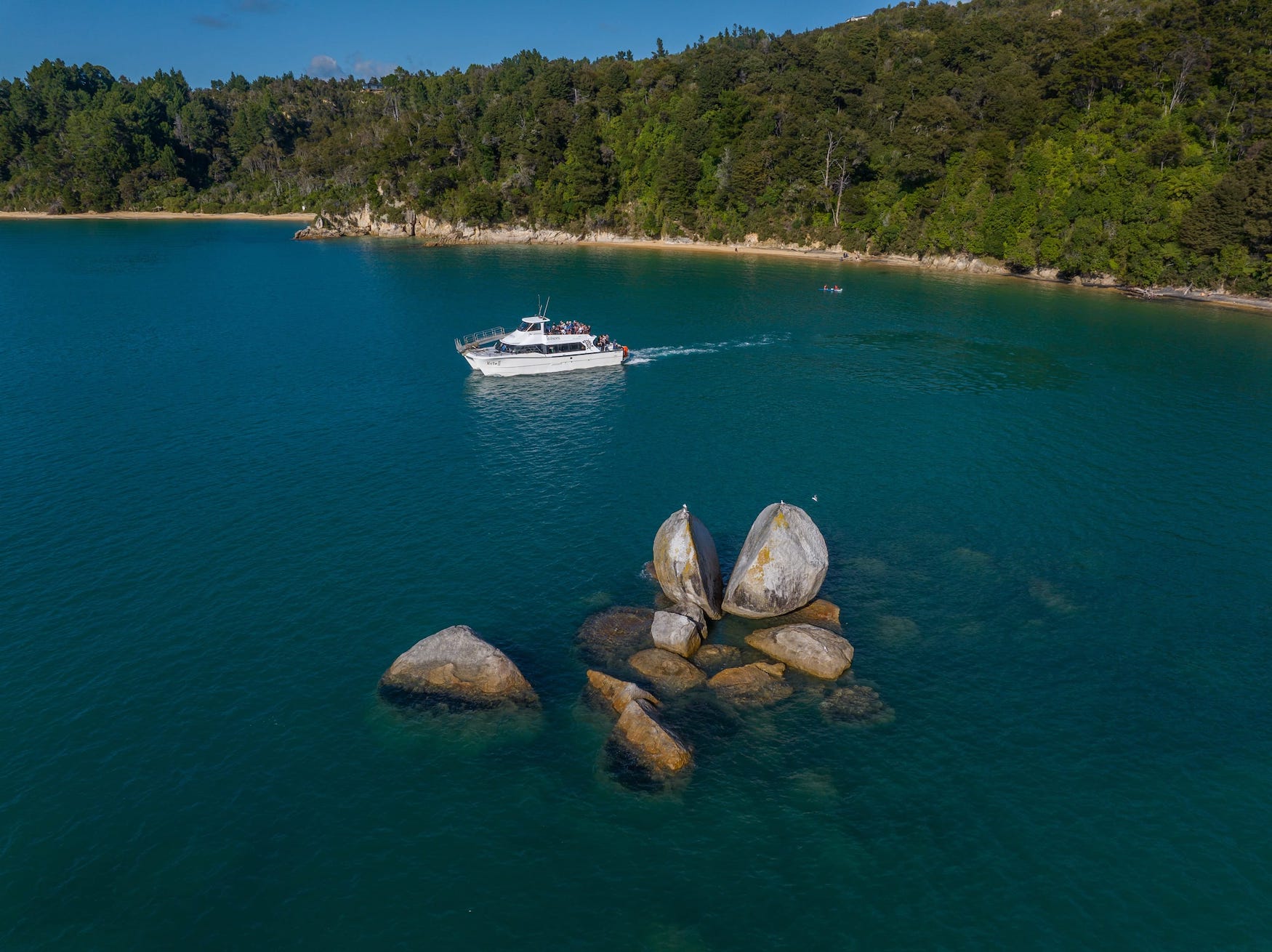



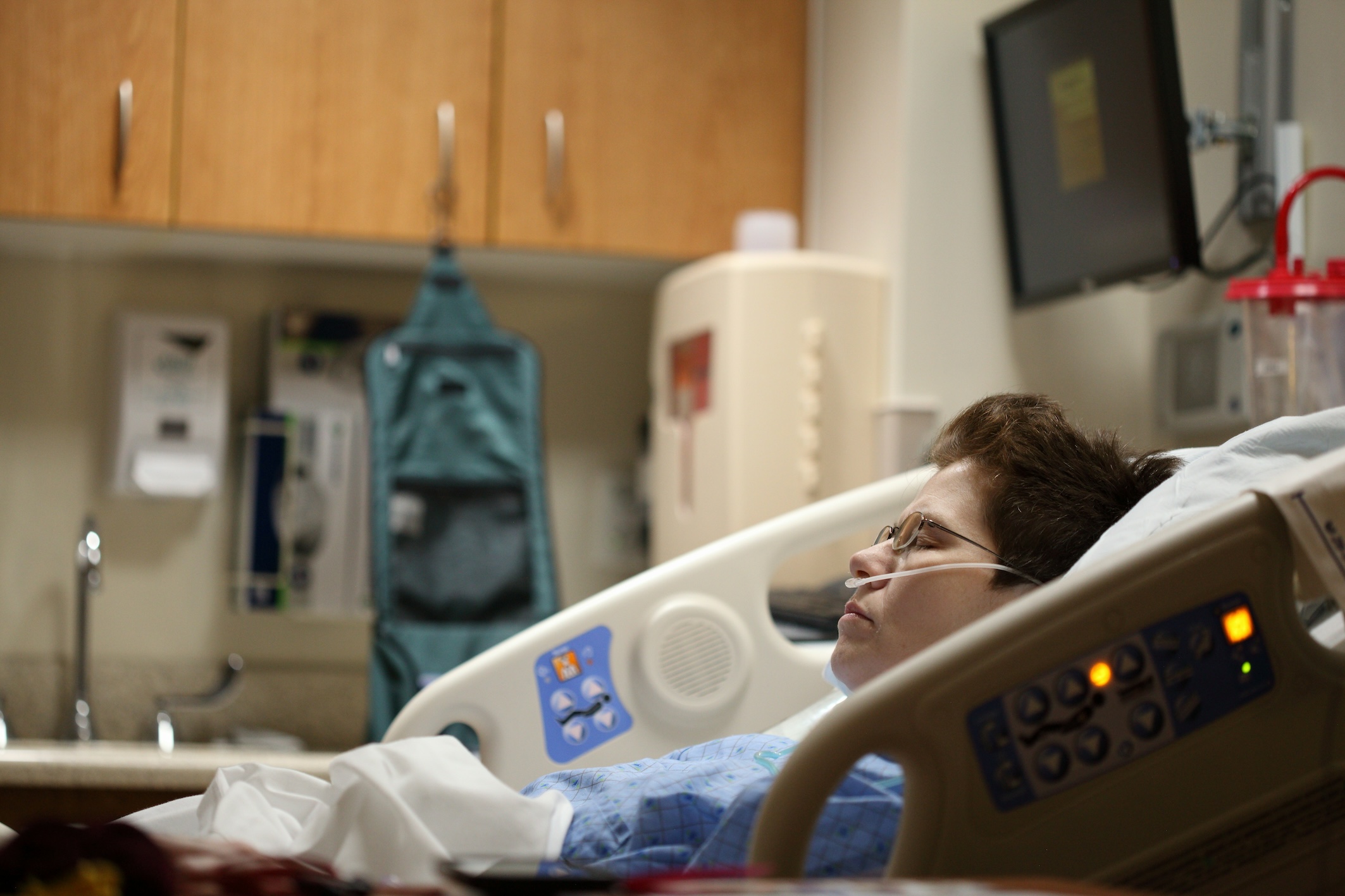

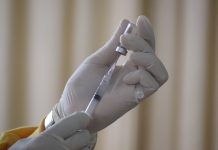













![GT_Shoot_Prost_HiRes_4[11]](https://www.haveagonews.com.au/wp-content/uploads/2022/10/GT_Shoot_Prost_HiRes_411-696x464.jpg)


